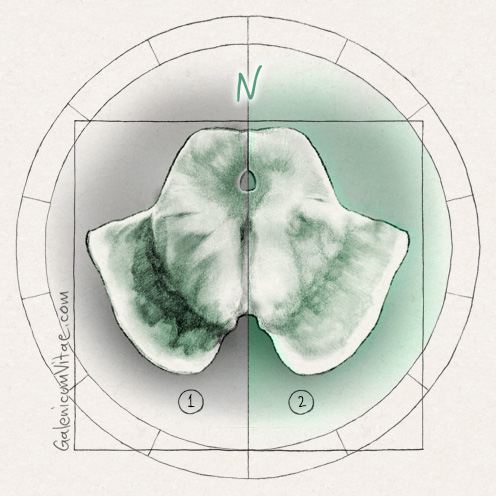In Parkinson's disease the most characteristic clinical manifestations occur when nerve cells, or neurons, that are in an area of the brain known as the substantia nigra or “black substance”, die or become impaired.
Normally, these neurons produce an important brain chemical called dopamine, which is responsible for transmitting signals between the substantia nigra and other brain areas to produce smooth and determined movements.
The loss of dopamine causes movement to deteriorate. By the time symptoms appear, most people with Parkinson's have lost 60% to 80% of the dopamine-producing cells in the substantia nigra.

 Digestive
Digestive  Blood
Blood Cardiovascular
Cardiovascular Dermatology
Dermatology Genitourinary,
Genitourinary, Hormones
Hormones Infections
Infections Oncology and
Oncology and Musculo-skeletal
Musculo-skeletal Mental health and
Mental health and Parasites
Parasites Respiratory
Respiratory Senses
Senses Various
Various




